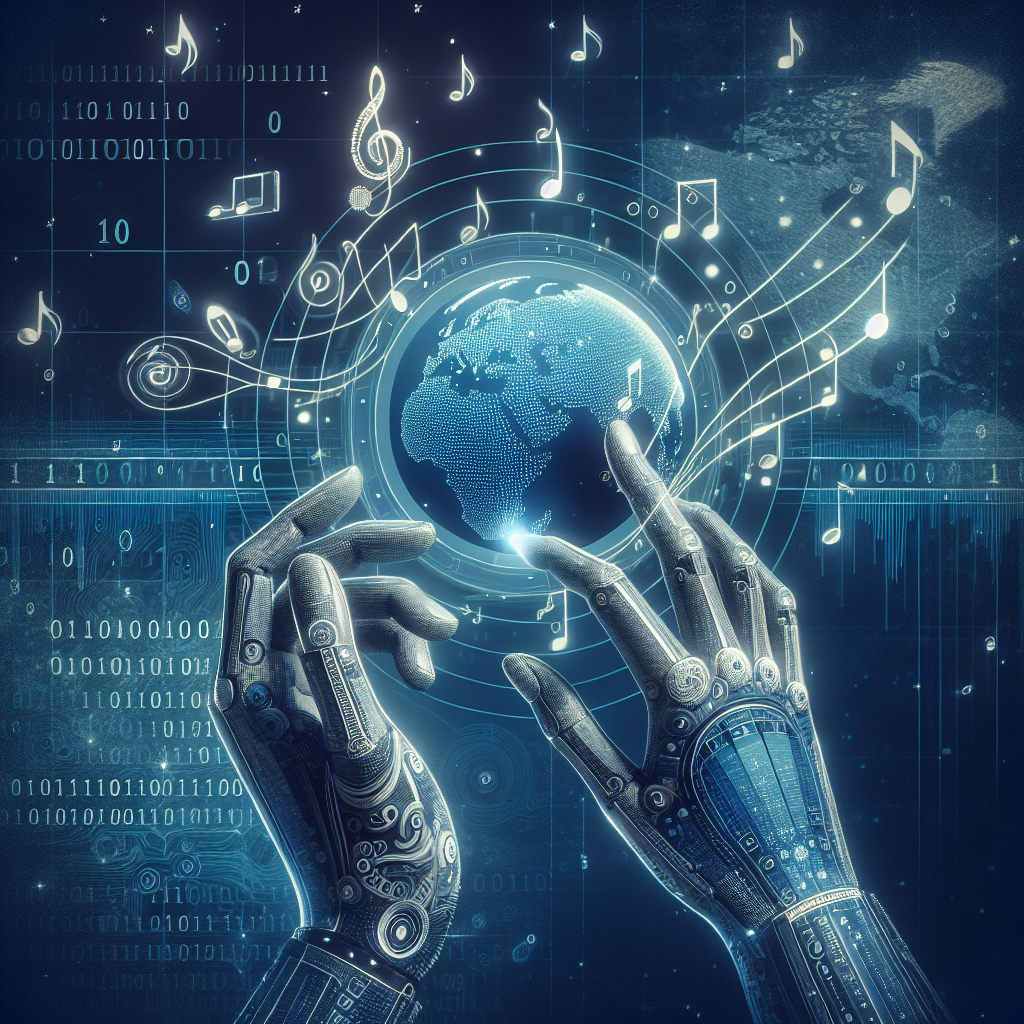In recent years, artificial intelligence (AI) has transformed numerous industries, with music being a notable example. The convergence of AI and music creation is more than just a tech advancement; it signifies a fundamental shift in our perception of creativity, artistry, and the essence of music itself.
The Emergence of AI in Music
The introduction of AI into music began with algorithmic composition, where computers were designed to create music using established rules. However, with breakthroughs in machine learning and deep learning, AI has progressed to generate intricate and nuanced compositions that can rival those of human musicians.
Generative Music Models
Central to AI music creation are generative models—neural networks trained on extensive datasets of existing music. These models interpret patterns, structures, and harmonies to create new compositions. Notable examples include OpenAI’s MuseNet and Google’s Magenta. These platforms can produce original works across various genres, ranging from classical symphonies to modern pop.
Tools for Musicians
One of the most exciting features of AI in music is its accessibility. AI-driven platforms like Amper Music, AIVA, and Jukedeck enable both novice and seasoned musicians to leverage AI’s power. These tools allow users to generate backing tracks, craft melodies, and even compose complete songs with relative ease. This democratization of music-making empowers anyone with a passion for music to explore, innovate, and create.
The Collaborative Nature of AI
Instead of replacing human creativity, AI often enhances it. More musicians are leveraging AI as a collaborative partner, merging their artistic vision with AI-generated ideas. This creative alliance can yield surprising and exciting results, pushing musical boundaries that may not be achievable through conventional methods alone.
Boosting the Creative Process
AI can evaluate a musician’s style and generate variations on their themes, offering new insights that spark innovation. For instance, a composer might input a series of chords or melodies into an AI system, which can then provide different arrangements, harmonizations, or even entirely new compositions based on that input. This not only enriches creativity but also streamlines the composition process.
Ethical Considerations and Challenges
As with any technological innovation, the use of AI in music creation brings forth its own ethical dilemmas. Copyright concerns emerge when AI is trained on existing works, prompting questions about ownership and originality. If an AI creates a melody that closely mirrors a human-composed piece, who claims the rights?
Moreover, the risk of AI diluting the value of human artistry is a contentious issue. While AI can efficiently compose music, critics argue it lacks the emotional nuance and personal touch intrinsic to human composers.
The Future of AI-Composed Melodies
The outlook for AI in music creation is promising. As technology continues to evolve, AI is expected to become increasingly adept at understanding emotional context and intent, paving the way for deeper collaborations between humans and machines.
Emerging trends might include:
-
Real-time AI Interaction: Musicians performing live could utilize AI to adapt their music spontaneously, generating accompanying melodies or harmonies that respond to their performance in real-time.
-
AI-Enhanced Music Education: Platforms could provide tailored feedback to students, helping them grasp composition techniques and enriching their learning experience.
- Cultural Fusion: AI can analyze and combine elements from various musical traditions, creating innovative hybrids that enrich the global music scene.
Conclusion
AI-composed melodies signify not just a transformation in music creation, but also a broader evolution in our understanding of creativity itself. While challenges persist, the partnership between human musicians and AI has the potential to foster a new artistic renaissance. As we welcome this future, it is crucial to maintain a balance, ensuring technology enhances rather than detracts from the human touch that is essential to music’s emotional resonance. The soundtrack of our future may be one of harmony between human creativity and artificial intelligence, crafting melodies that transcend the limitations of both.

